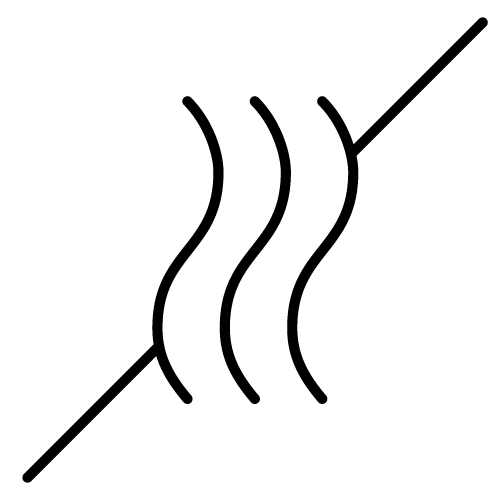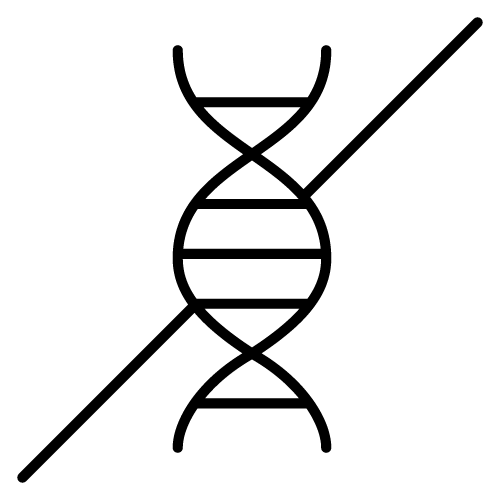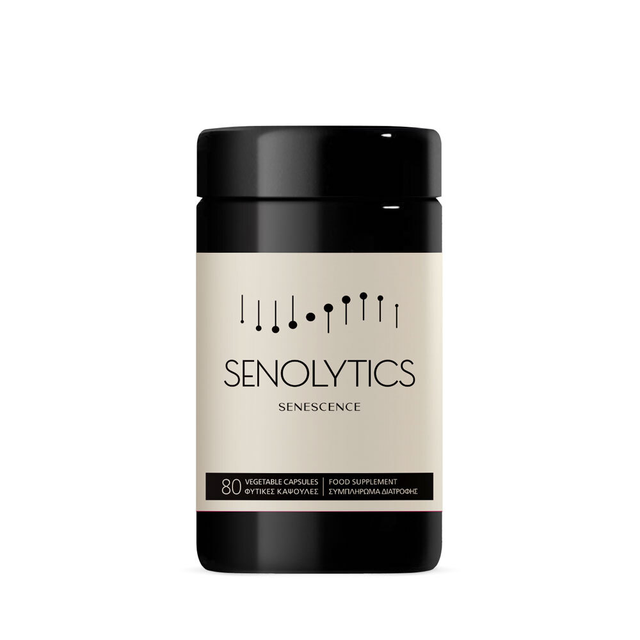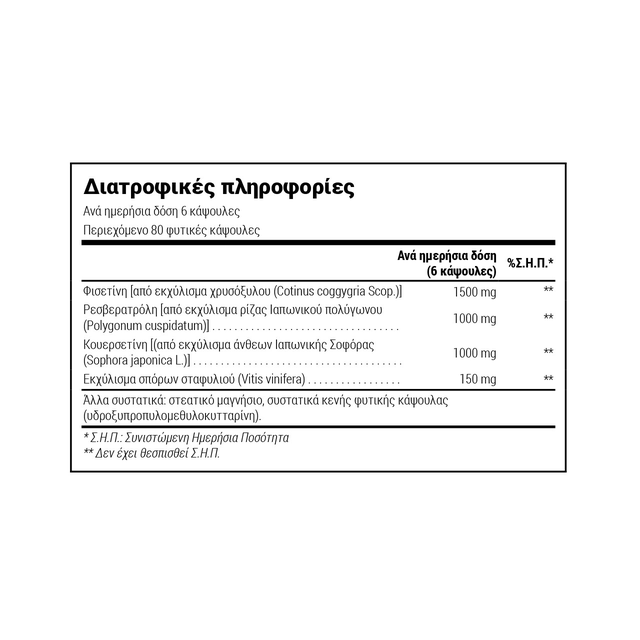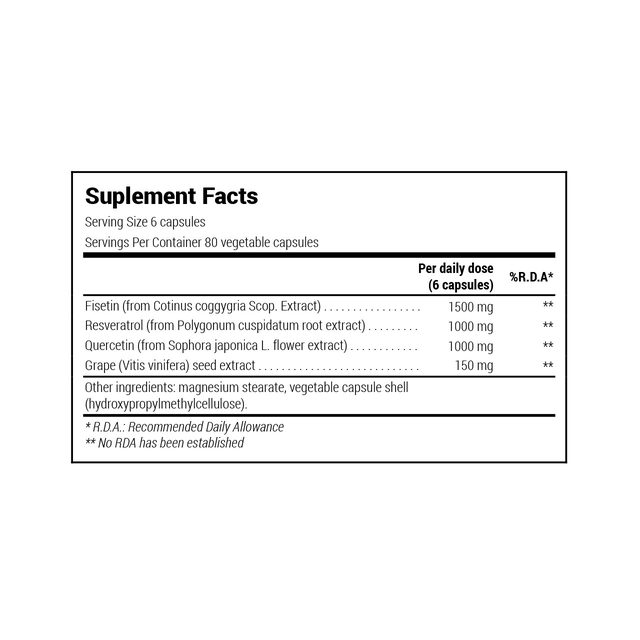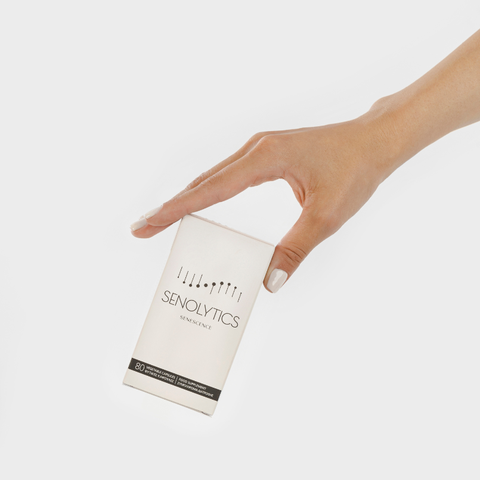1. Zhao R, Kou H, Jiang D, Wang F. 2023. Exploring the anti-aging effects of fisetin in telomerase-deficient progeria mouse model. PeerJ 11:e16463 http://doi.org/10.7717/peerj.16463
2. Huard, C.A.; Gao, X.; Dey Hazra, M.E.; Dey Hazra, R.-O.; Lebsock, K.; Easley, J.T.; Millett, P.J.; Huard, J. Effects of Fisetin Treatment on Cellular Senescence of Various Tissues and Organs of Old Sheep. Antioxidants 2023, 12, 1646. https://doi.org/10.3390/antiox12081646
3. Cui Z, Zhao X, Amevor FK, Du X, Wang Y, Li D, Shu G, Tian Y, Zhao X. Therapeutic application of quercetin in aging-related diseases: SIRT1 as a potential mechanism. Front Immunol. 2022 Jul 22;13:943321. doi: 10.3389/fimmu.2022.943321.
4. Deepika; Maurya, P.K. Health Benefits of Quercetin in Age-Related Diseases. Molecules 2022, 27, 2498. https://doi.org/10.3390/molecules27082498
5. Turner, Vasu & Griffin (2019) Turner KJ, Vasu V, Griffin DK. Telomere biology and human phenotype. Cell. 2019;8:73. doi: 10.3390/cells8010073
6. Moraes, D. S., Moreira, D. C., Andrade, J., & Santos, S. (2020). Sirtuins, brain and cognition: A review of resveratrol effects. IBRO reports, 9, 46 51. https://doi.org/10.1016/j.ibror.2020.06.004
7. Sun, Li & Kirkland (2022) Sun Y, Li Q, Kirkland JL. Targeting senescent cells for a healthier longevity: the roadmap for an era of global aging. Life Medicine. 2022;1:103–119. doi: 10.1093/lifemedi/lnac030
8. R. Torregrosa-Munumer, E. Vara, J. A. Fernandez-Tresguerres, and R. Gredilla, “Resveratrol supplementation at old age reverts changes associated with aging in inflammatory, oxidative and apoptotic markers in rat heart,” European Journal of Nutrition, vol. 60, no. 5, pp. 2683–2693, 2021
9. Thaung Zaw, J. J., Howe, P. R., & Wong, R. H. (2021). Long-term effects of resveratrol on cognition, cerebrovascular function and cardio-metabolic markers in postmenopausal women: A 24-month randomised, double-blind, placebo-controlled, crossover study. Clinical nutrition (Edinburgh, Scotland), 40(3), 820–829. https://doi.org/10.1016/j.clnu.2020.08.025
10. Van de Ven R.A., Santos D., Haigis M.C. Mitochondrial sirtuins and molecular mechanisms of aging. Trends Mol. Med. 2017;23:320–331. doi: 10.1016/j.molmed.2017.02.005
11. Ramírez-Garza, S. L., Laveriano-Santos, E. P., Marhuenda-Muñoz, M., Storniolo, C. E., Tresserra-Rimbau, A., Vallverdú-Queralt, A., & Lamuela-Raventós, R. M. (2018). Health Effects of Resveratrol: Results from Human Intervention Trials. Nutrients, 10(12), 1892. https://doi.org/10.3390/nu10121892
12. Sanders, J.L.; Newman, A.B. Telomere Length in Epidemiology: A Biomarker of Aging, Age-Related Disease, Both, or Neither? Epidemiol. Rev. 2013, 35, 112–1https://doi.org/10.1093/lifemedi/lnac030
13. Lee, J. A., Ha, S. K., Cho, E., & Choi, I. (2015). Resveratrol as a Bioenhancer to Improve Anti-Inflammatory Activities of Apigenin. Nutrients, 7(11), 9650–9661. https://doi.org/10.3390/nu7115485

